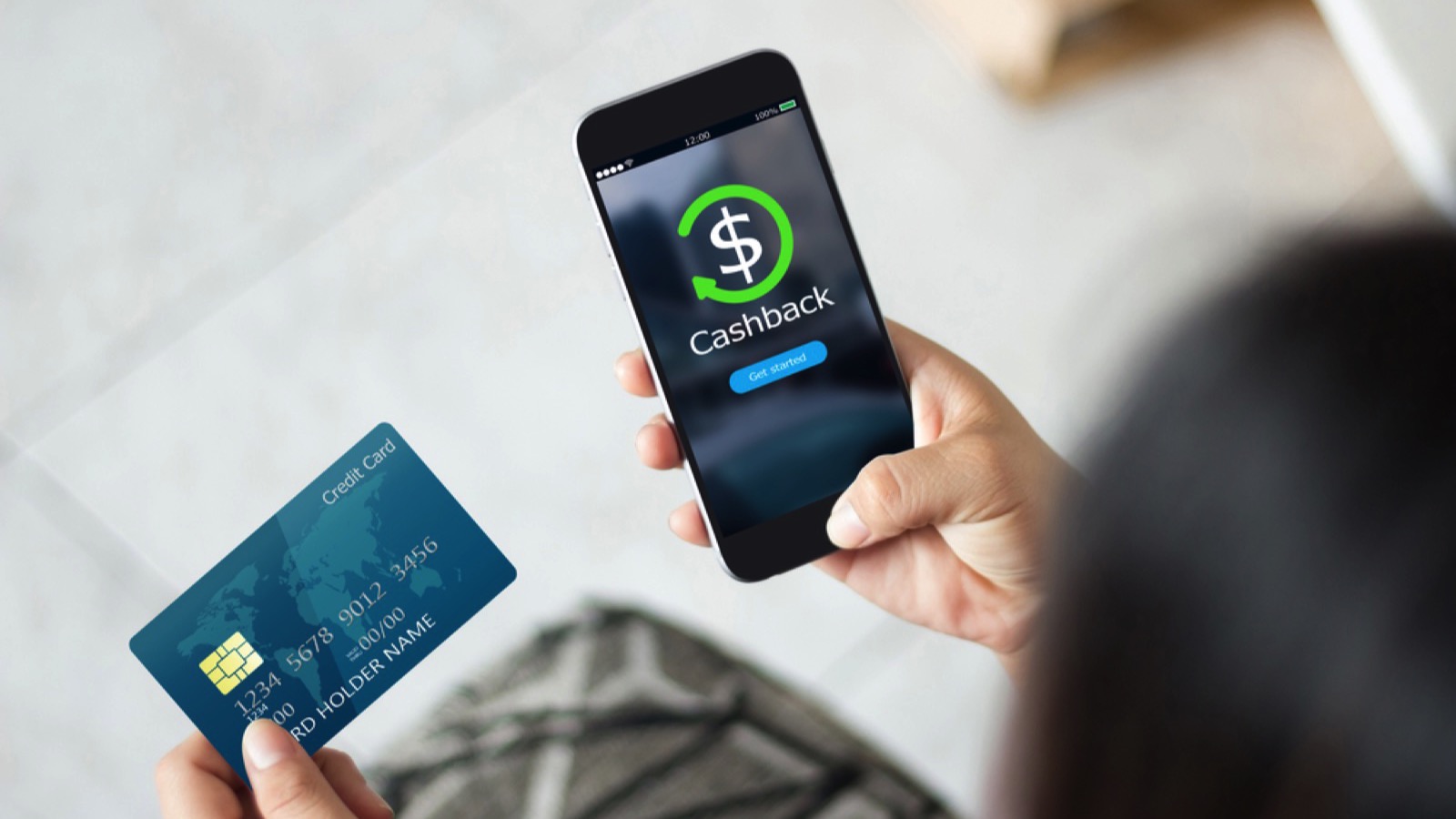18 Thrifty Living Tips to Boost Your Bank Account – Simple Family Preparedness


Living frugally doesn’t mean living poorly. It’s about making smart choices that allow you to save money without sacrificing your quality of life. These 18 tips will show you how to cut costs in your everyday life, helping you build savings and achieve your financial goals faster than you ever thought possible.
Eating out can take a big bite out of your budget. By cooking at home, you can save hundreds of dollars each month. Plan your meals for the week, make a grocery list, and stick to it. You’ll be surprised at how much you can save by avoiding impulse buys and restaurant meals. Plus, home-cooked meals are often healthier and can be a fun way to spend time with family or friends.

A programmable thermostat can save you up to 10% on your heating and cooling bills. Set it to adjust the temperature when you’re asleep or away from home. In summer, keep your home warmer when you’re out, and in winter, cooler. Every degree of adjustment can save you about 2% on your energy bill. Over time, these savings add up significantly.

Cable TV packages can cost over $100 per month. Consider switching to streaming services instead. Options like Netflix, Hulu, or Disney+ offer a wide variety of content at a fraction of the cost. You can even combine a few services and still pay less than traditional cable. If you’re worried about missing live TV, look into a digital antenna for local channels.

Impulse purchases can quickly derail your budget. Before you go shopping, make a list of what you need. When you’re in the store, stick to your list. This strategy works for groceries, clothes, and even online shopping. It helps you avoid unnecessary purchases and keeps your spending in check. You might be surprised at how much you save when you’re not tossing extra items into your cart.

Libraries are a treasure trove of free resources. Borrow books instead of buying them. Many libraries also offer free movie rentals, music downloads, and even passes to local museums or attractions. Some even have tools you can borrow for home projects. By using your library, you can save money on entertainment and education while still enjoying a wide variety of content.

Before hiring someone for a task, ask yourself if you can do it yourself. Many home repairs, car maintenance tasks, and even haircuts can be done at home with a little research and practice. YouTube tutorials can teach you how to do many things for free. Just be sure to know your limits – some tasks are best left to professionals, especially if safety is a concern.

Brand names often come with a hefty price tag, but generic products can be just as good. This is especially true for medications, where generic drugs are required to have the same active ingredients as their brand-name counterparts. For groceries, try store brands – they’re often made by the same manufacturers as the brand names but cost less. You might find you can’t even tell the difference in many products.

Make your necessary purchases work for you. Use cashback apps like Ibotta or Rakuten when shopping online. If you’re disciplined with credit, use a cashback credit card for your regular expenses and pay it off in full each month. The cash back you earn can add up to hundreds of dollars a year. Just be sure not to spend more just to get cashback – that defeats the purpose.

Thrift stores, consignment shops, and online marketplaces like Facebook Marketplace or Craigslist can be goldmines for deals. You can find gently used clothes, furniture, and household items for a fraction of their original price. Before buying something new, check if you can find it second-hand. You’ll save money and help reduce waste.

Small changes in your daily habits can lead to big savings on your utility bills. Take shorter showers, turn off lights when you leave a room, and unplug electronics when not in use. Use cold water for laundry when possible and air-dry your clothes instead of using the dryer. These simple actions can reduce your energy and water usage, leading to lower bills each month.

Buying lunch every day can cost you thousands of dollars a year. Instead, pack your lunch for work or school. Leftovers from dinner make great next-day lunches. If you’re worried about getting bored, try meal prepping different options for the week. You’ll save money and likely eat healthier too.

If possible, use public transportation or carpool to work. This can save you money on gas, parking, and car maintenance. If you live close to work, consider walking or biking when weather permits. Not only will you save money, but you’ll also reduce your carbon footprint and might even get some exercise in the process.

Take a close look at your bank statement and identify any subscriptions you’re not using. Gym memberships, streaming services, or apps you forgot about can silently drain your bank account. Cancel anything you’re not actively using. For services you do use, see if there are annual plans that offer a discount over monthly payments.

Simple car maintenance tasks like changing oil, replacing air filters, or changing windshield wipers can be done at home with minimal tools. Learning these skills can save you hundreds of dollars a year in mechanic fees. Plus, regular maintenance can help prevent more expensive repairs down the road. Just be sure to consult your car’s manual and safety guidelines before attempting any repairs.

Even if you don’t have a big yard, you can grow some of your own food. Herbs, tomatoes, and lettuce grow well in small spaces or even indoors. Growing your own food can save you money on groceries, especially for organic produce. It’s also a rewarding hobby that can provide fresher, tastier food than what you find in stores.

Coupons can help you save money, but only if you use them wisely. Look for coupons on items you already plan to buy, not as an excuse to purchase things you don’t need. Many stores offer digital coupons you can load directly to your store loyalty card, making it easy to save without clipping paper coupons. Just be sure the coupon price is actually cheaper than a comparable generic product.

Many people don’t realize that bills like cable, internet, and even insurance can often be negotiated. Call your service providers and ask if there are any promotions or discounts available. Mention competitor’s offers and ask if they can match or beat them. Sometimes, just the threat of switching providers can lead to better rates. Don’t be afraid to haggle – the worst they can say is no, and you might be surprised at how much you can save.

Instead of tossing out clothes with small tears or appliances that stop working, learn basic repair skills. Sewing on a button or patching a hole can extend the life of your clothes. Many appliance issues can be fixed with a little research and some basic tools. Learning these skills not only saves money but also reduces waste. Plus, there’s a sense of satisfaction in fixing something yourself.

FIRE – Financial Independence, Retire Early. That’s the dream, right? Quit the rat race and live life on our own terms. It’s totally doable. Plenty of people join the FIRE movement and manage to retire pretty quickly. And there’s a LOT of advice out there on how to do it. Sadly, much of the advice is outdated or just plain bad.

In times of uncertainty, financial stability is more crucial than ever. While prepping for physical emergencies is vital, don’t overlook financial prepping. Avoiding these common money mistakes can help make sure you’re in a stronger position to weather any storm.

With recent global unrest and economic uncertainties, many people are starting to worry about the stability of our money. They’re looking for new options like cryptocurrencies. Using digital money might sound strange, but it’s becoming more common. Big names like Bitcoin and Ethereum are leading the way. This article will look at how cryptocurrency could change things in a shaky economy. We’ll discuss the good and bad sides of using digital money. Get ready to learn about the crypto world and how it might affect our financial future!
